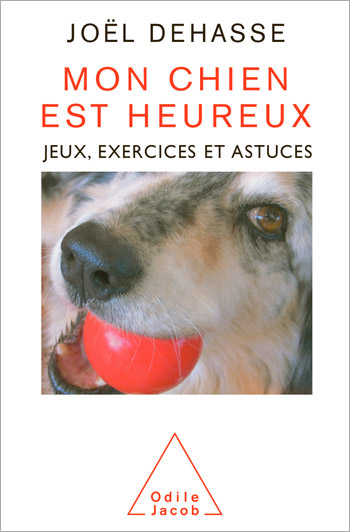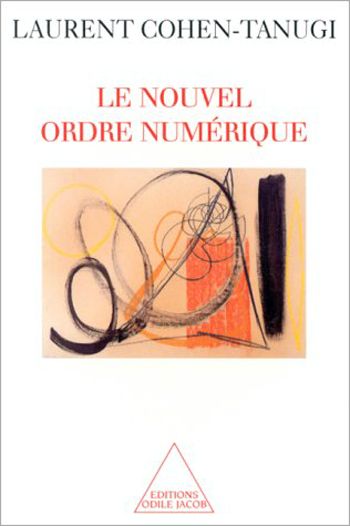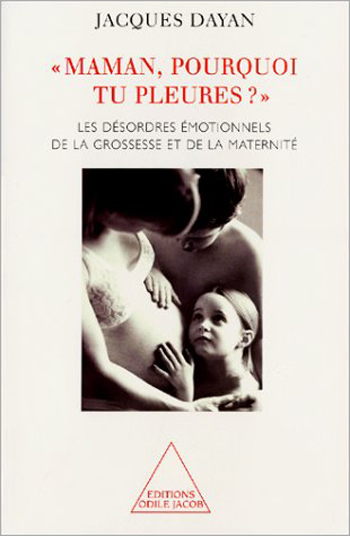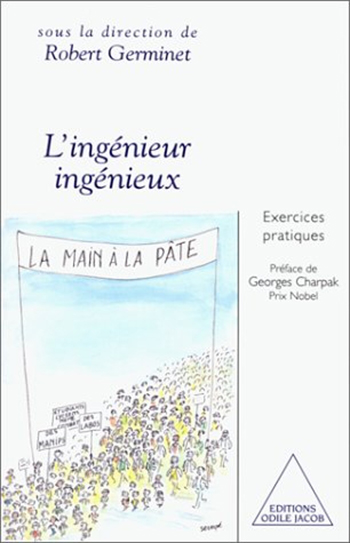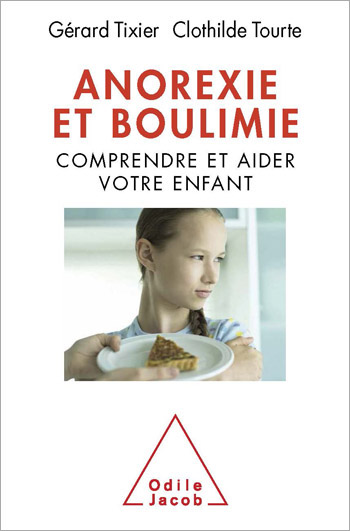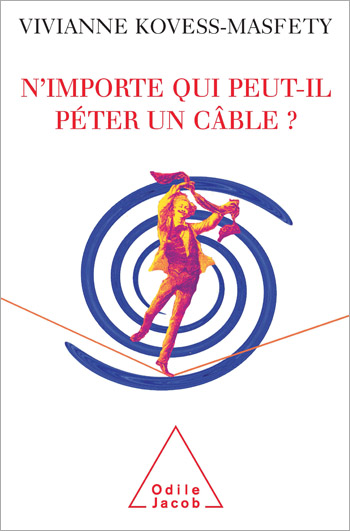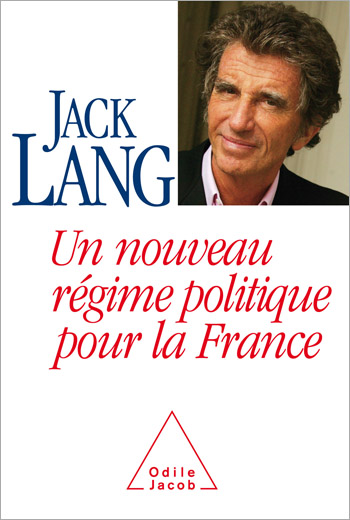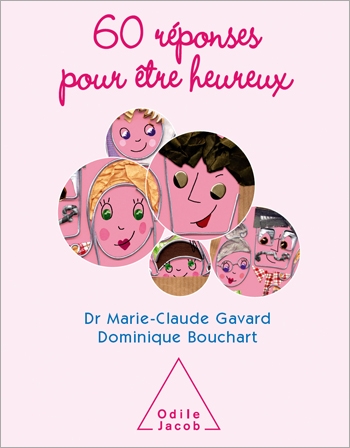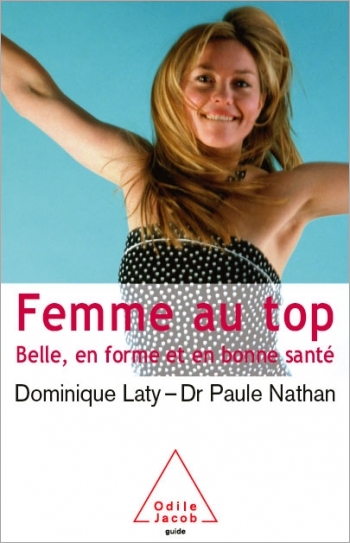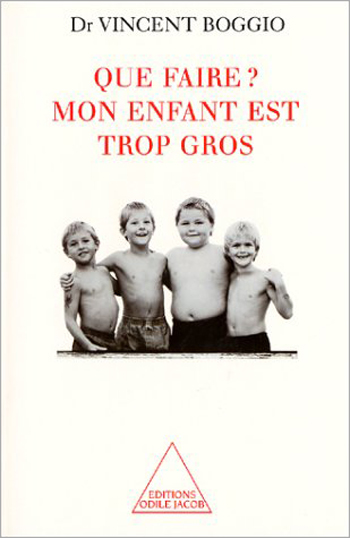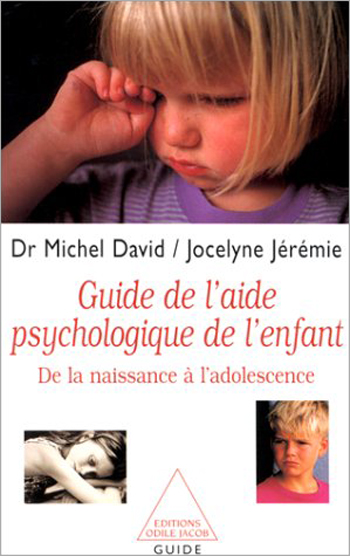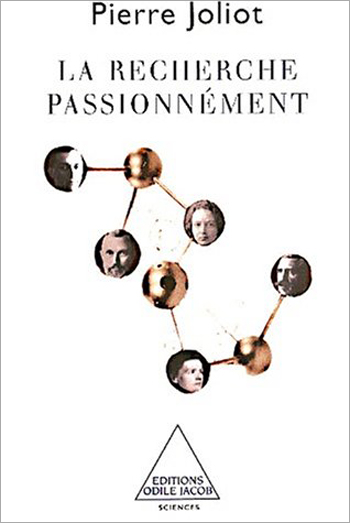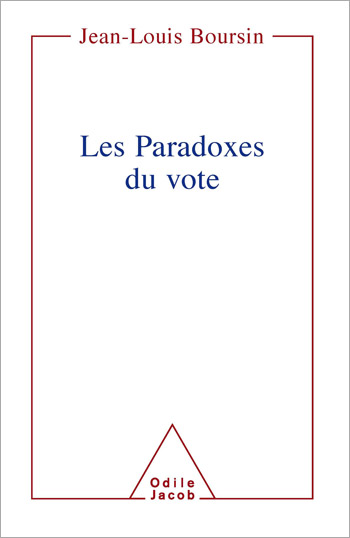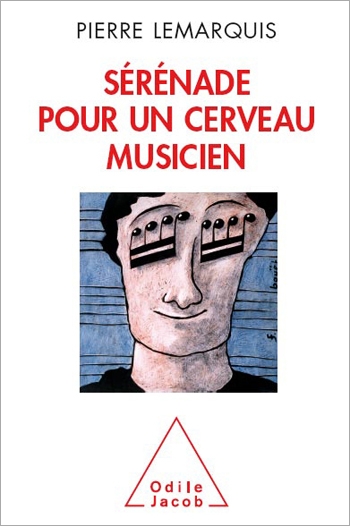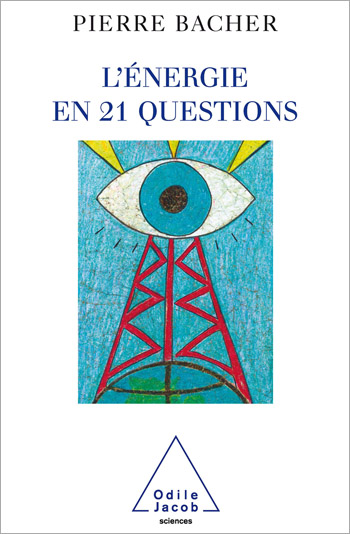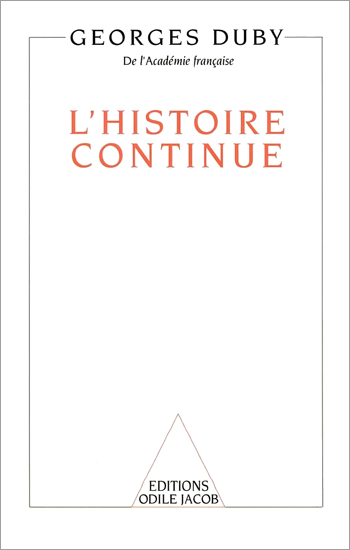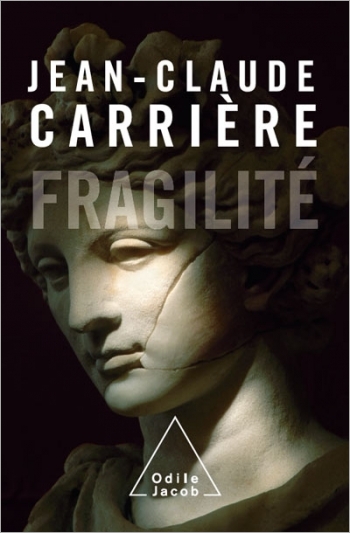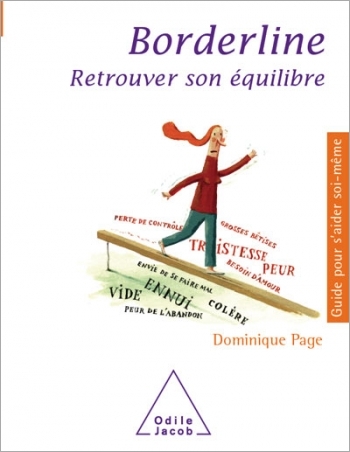Catalog All books
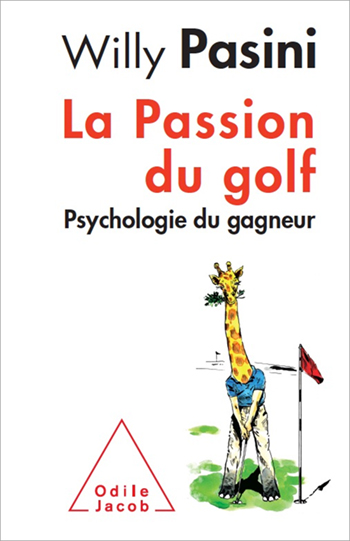
Willy Pasini
The Passion for Golf Game The Winner’s Psychology
Improve your golf game and beat your opponents — a psychologist shows you how
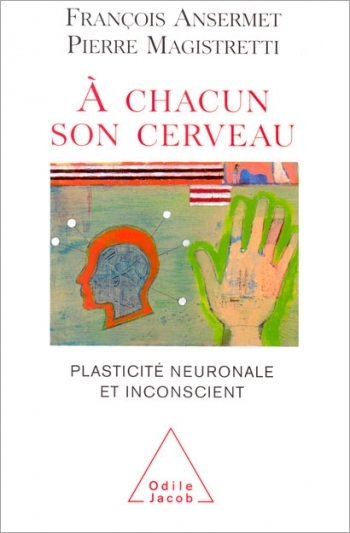
François Ansermet, Pierre Magistretti
To Each His Own Brain Biology of the Unconscious
This book is the result of the coming together of psychoanalysis and neuroscience around the shared observation that experience leaves a mark. Although the idea that experience produces psychic imprints - whether conscious or unconscious - has always been central to psychoanalysis, it was not until recently that findings in neurobiology demonstrated that neuronal plasticity existed and that it operated throughout a person's life. This constant remodelling in relation to experience poses certain basic questions about each individual's identity and future. How does psychic life emerge from experience and from what it imprints? What are the respective contributions of external stimuli (the reality behind experience) and of internal stimuli (the imprinted marks)? How do the mechanisms of synaptic plasticity participate in the establishment of an unconscious internal reality? What is the role of the body in this new dynamic organisation? This book provides the foundations for a better understanding of the relations between neuroscience and psychoanalysis and offers an original theory of the unconscious, by combining recent findings in neurobiology with the basic principles of psychoanalysis. Eschewing genetic determinism, it shows that each individual is different and each brain unique. Pierre Magistretti, a physician and neurobiologist, is a professor of physiology and director of the Centre for Psychiatric Neuroscience at the University of Lausanne's medical school. In addition, he is the president of the Federation of European Neuroscience Societies. François Ansermet is a psychoanalyst and professor of child and adolescent psychology at the University of Lausanne. He is the co-author, with O. Halfon and B. Pierrehumbert, of Filiations psychiques (Presses Universitaires de France, 2000).
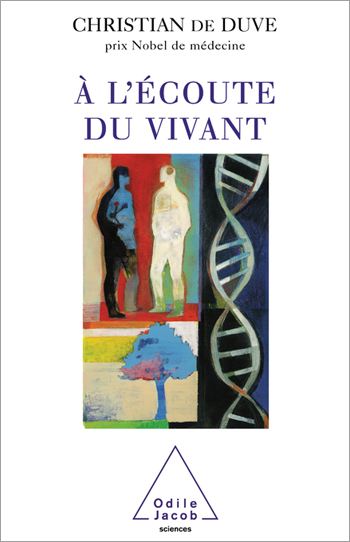
Christian de Duve
Listening to the Living
Everything one should know about biology is explained here by a Nobel Prize winner, including the origin of life, its chemical production and reproduction, the history of life, its earliest forms and also human evolution, the brain, the genius of genetics, and extra-terrestrial life. Finally, the author shows that although biology has undermined arguments in favour of the existence of God, religion and faith are a necessary product of nature selection. Christian de Duve is the director of the Brussels-based International Institute on Cellular Pathology. He was awarded the Nobel Prize in Physiology or Medicine in 1974 for his findings concerning the structural and functional organisation of cells.
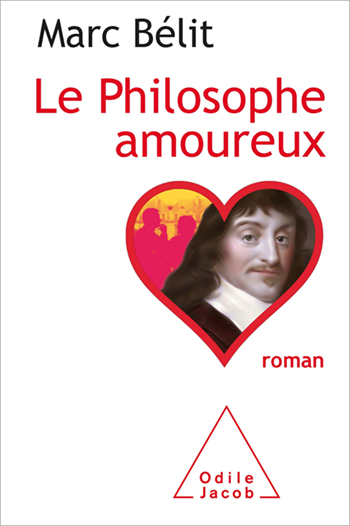
Marc Bélit
The Love-sick Philosopher
A passionate and poisonous love affair in the world of Parisian intellectuals and political activists, in the late 1970s
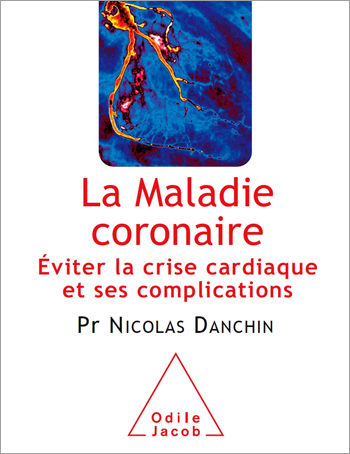
Nicolas Danchin
Heart Disease
oronary artery disease is the most common type of heart disease — and the one that has benefited most from the medical advances of the past twenty years.
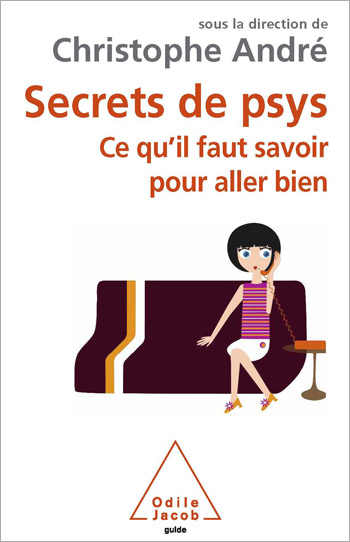
Christophe André
Therapists Secrets: What You Must Know to Feel Fine
In this book, a number of renowned psychotherapists, psychiatrists and psychologists draw on their vast experience to share with the reader the numerous methods they apply to themselves, in order to feel better.
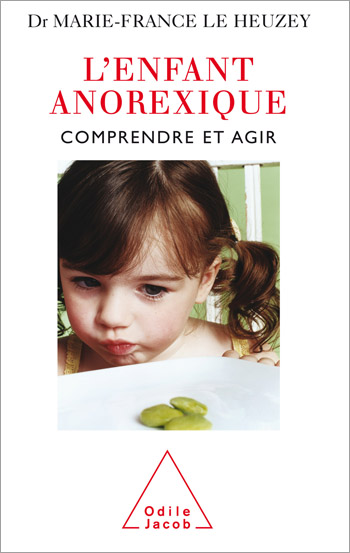
Marie-France Le Heuzey
The Anorexic Child Understanding and taking action
These days, anorexia can affect children from as young as 8 years old. It is no longer just a disease found among teenagers, and it can concern boys aswell as girls. What are the signs of this new form of mental anorexia ? Should you be concerned if you notice a change in behaviour towards food ? How can you help your child ? How can you avoid reaching this point ? A fresh look at this disease and a reflection on the place of the child in our society. Marie-France Le Heuzey is a psychiatric doctor, and coordinates the treatment of anorexic children in the department of Child and Adolescent Psychopathology at the Robert-Debré hospital in Paris.
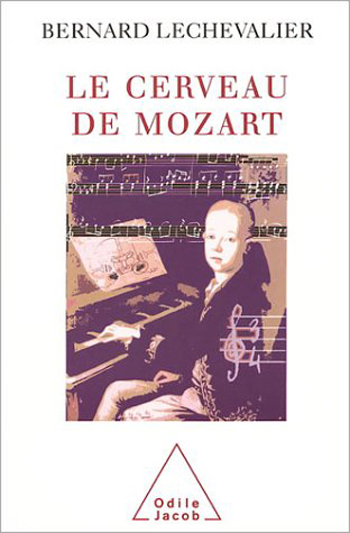
Bernard Lechevalier
Mozart's Brain
In this book, the author uses episodes from Mozarts life which illustrate a specific aspect of musical perception. He explores the mechanisms of musical memory - how is it mentally possible to memorise a fifteen-minute musical composition for nine voices, in two choirs? Is this ability due to a listening technique? To an emotionally-based one? What mental operations are at work in musical memory, in general? Bernard Lechevalier is a neurologist specialising in neuropsychology, and a professor of neurology and medicine in teaching hospitals.
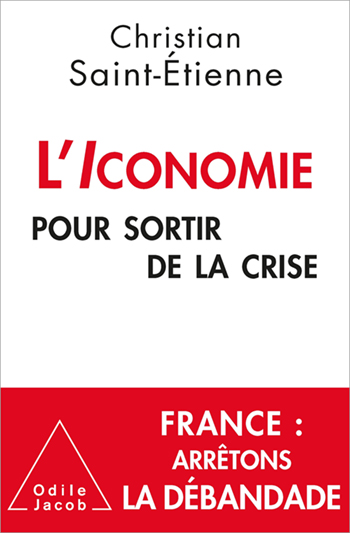
Christian Saint-Étienne
The iConomic Revolution France Faces the Third Industrial Revolution
Following the success of France: Etat d’urgence, a new polemical work on the state of the French economy, by Christian Saint-Etienne
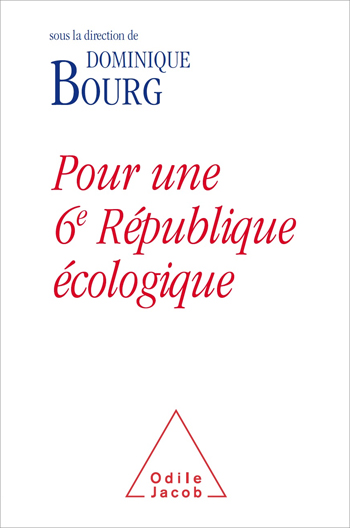
Dominique Bourg
In Defence of an Ecological Sixth Republic
Proposals for a reform of the French Constitution in the run-up to the 2012 Presidential elections
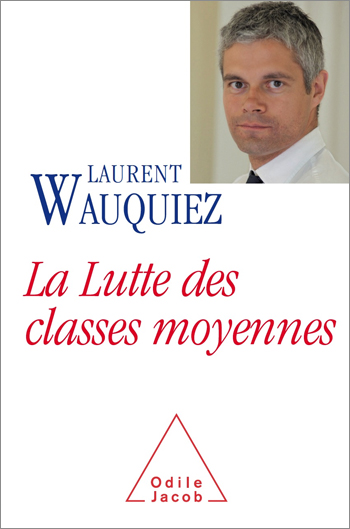
Laurent Wauquiez
The struggle of the middle class
In the run-up to the French presidential elections, here are a series of proposals that offer the middle classes the future perspectives they deserve
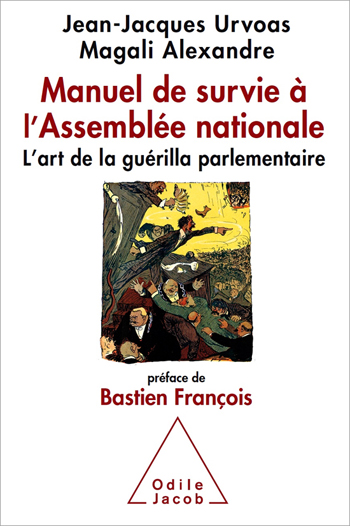
Jean-Jacques Urvoas, Magali Alexandre
Survival Handbook for the French National Assembly The Art of Parliamentary Guerrilla Warfare
In the corridors of power of the National Assembly, we encounter Jean-François Copée, Arnaud Montebourg, Bernard Accoyer, among other French politicians.
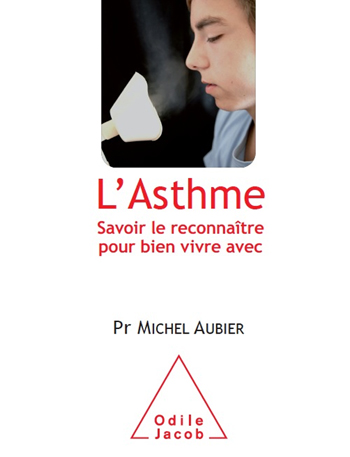
Michel Aubier
Asthma
What to do to overcome asthma, an increasingly common disorder among children and teenagers?
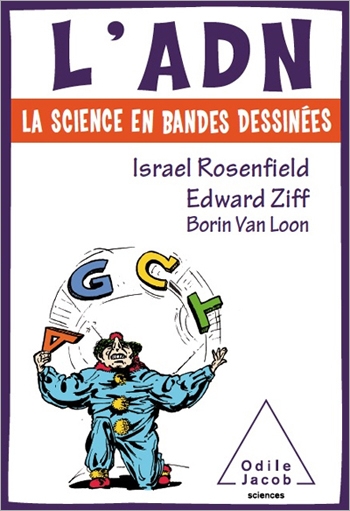
Israel Rosenfield, Edward Ziff, Borin Van Loon
DNA for Beginners
The amazing story of DNA is recounted here in an entertaining comic-book form...

